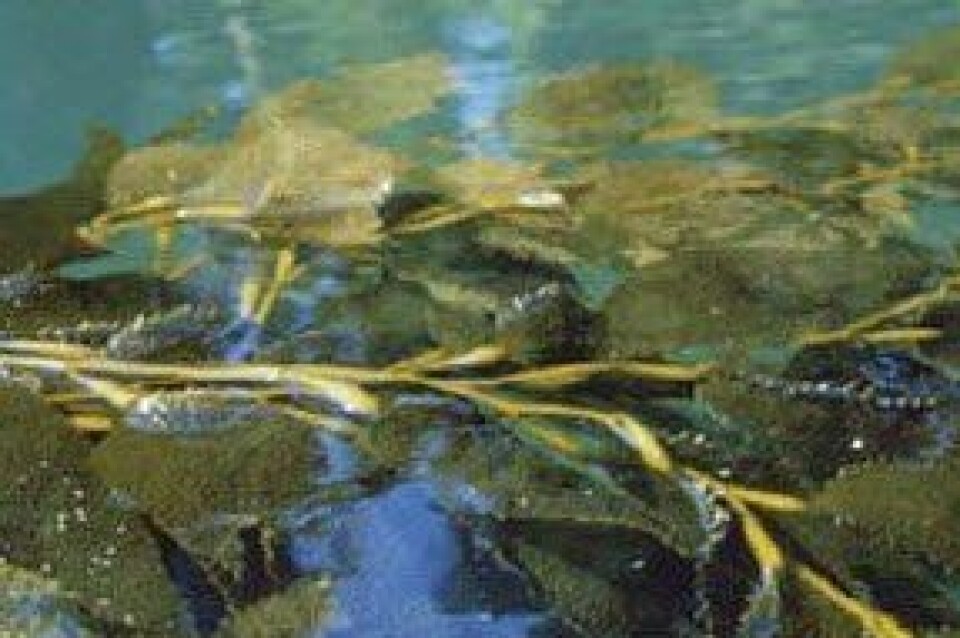
Algae farming for sea veggies and bio fuel
USA: Washington was once the most prosperous salmon farming region in the United States. This is now becoming a long time ago. It is history. However, the aquaculture industry is still alive and looking for new species and new direction. One type of aquaculture which seems to gain growing attention is farming of seaweed, both for food and fuel.
According to an article in Sequim Gazette online, one farmers seeking challenges in this new type of aquaculture, is Tim Vici, of Sequim, who grows seaweed. Mr. Vici prefers to call them sea vegetables. Mr. Vici is a former fisheries biologist.
He has built a new greenhouse with fourteen tanks and sees endless possibilities. According to the article, Mr. Vici believes these new "vegetables" can be part of an incredibly healthy diet. They can also be used in an almost endless number of proprietary products like vitamins, soaps and pharmaceuticals. Seaweed is also viewed as a future energy source.
Mr. Vici has worked with the National Oceanic and Atmospheric Association (NOAA) in the past and it is experiences from this work he now attempts to turn into a business venture. Soon he will be growing sea plants such as Turkish towel, bladed kelp, ipo plants and porphyra, which is used in nori for sushi rolls.
The plan is to grow edible sea veggies to build his business and generate enough income so he can build a facility to grow algae for fuel.
Vici will be using his experience assisting a scientist who was developing bio jet fuel for Boeing to grow microalgae.






















































